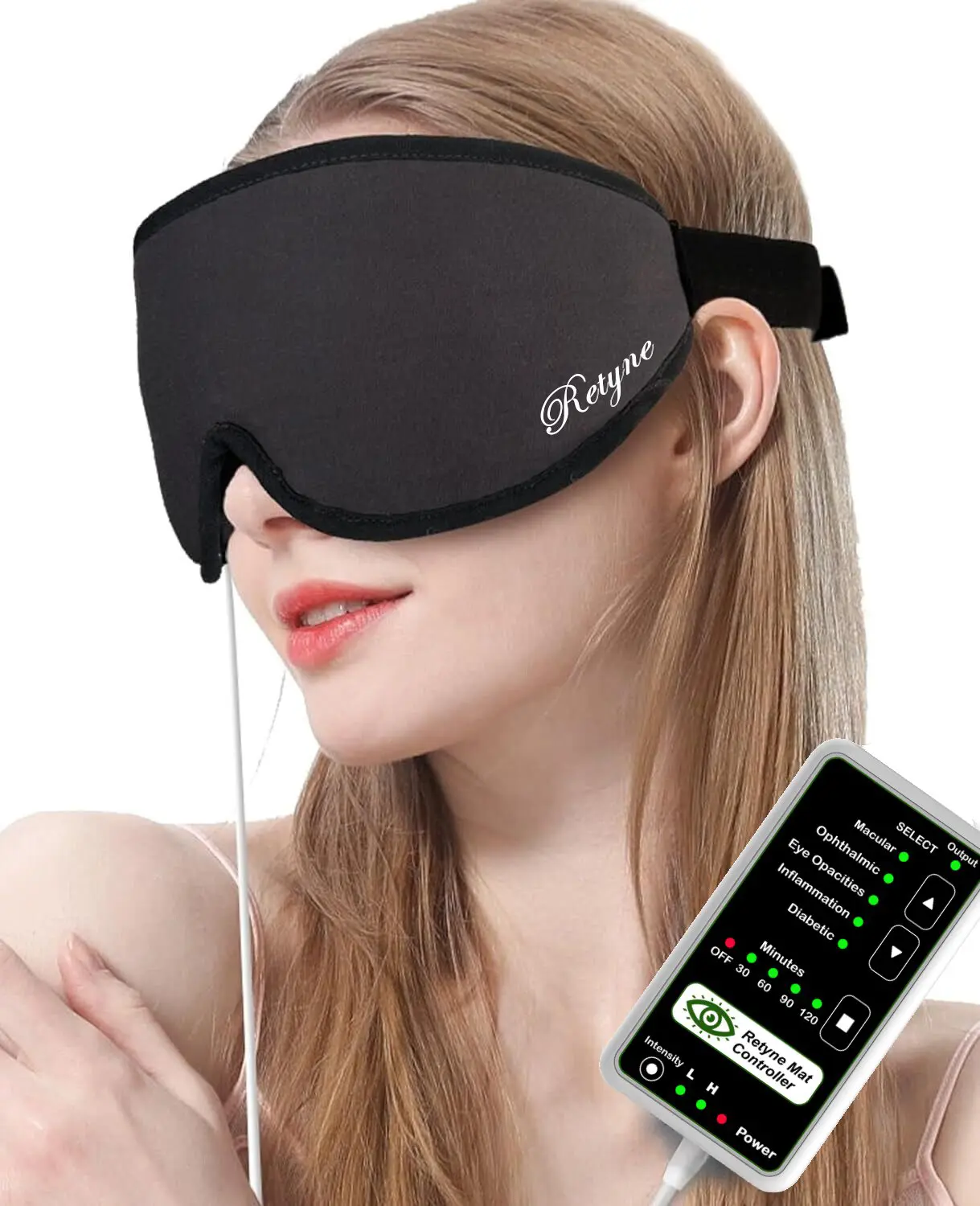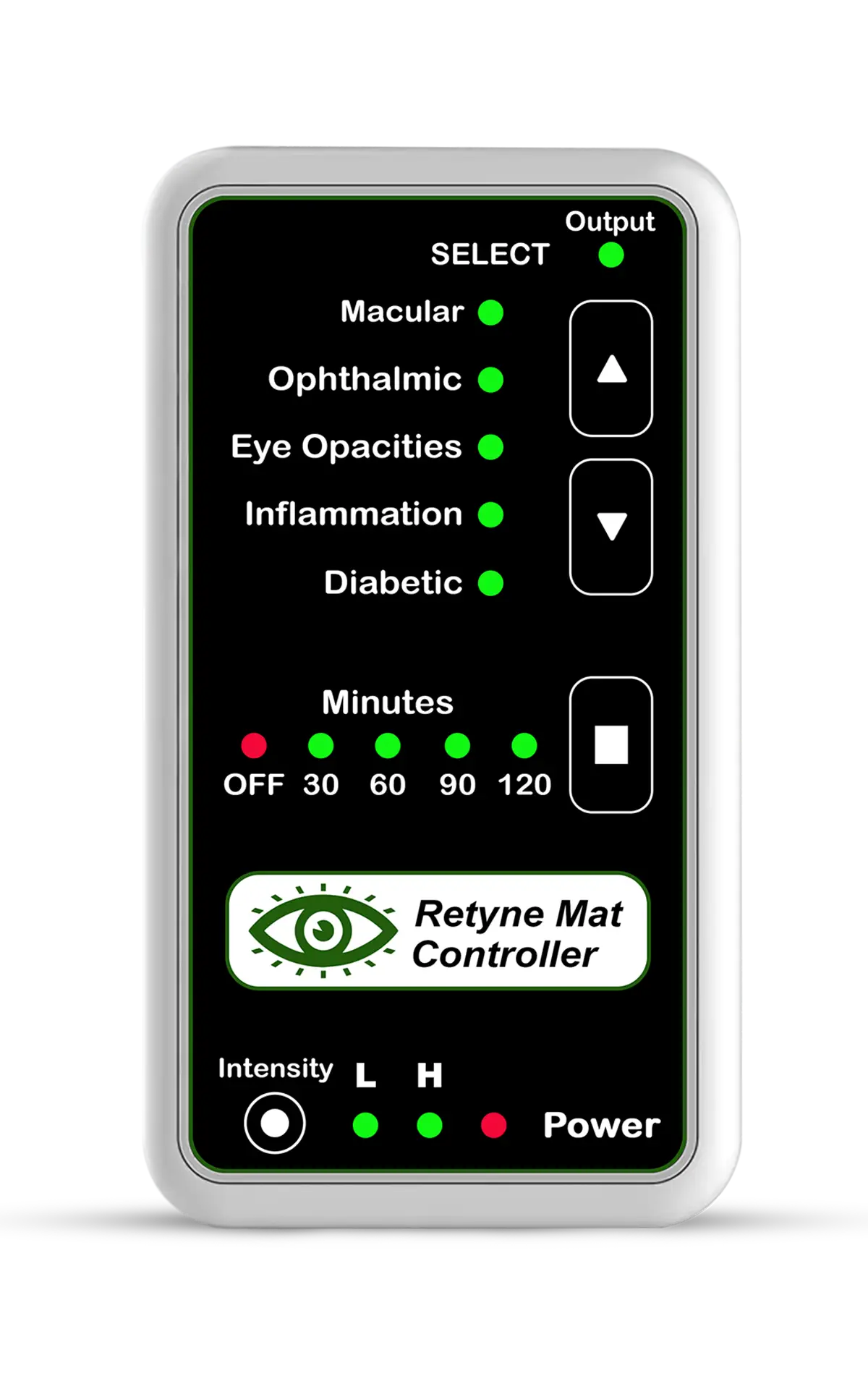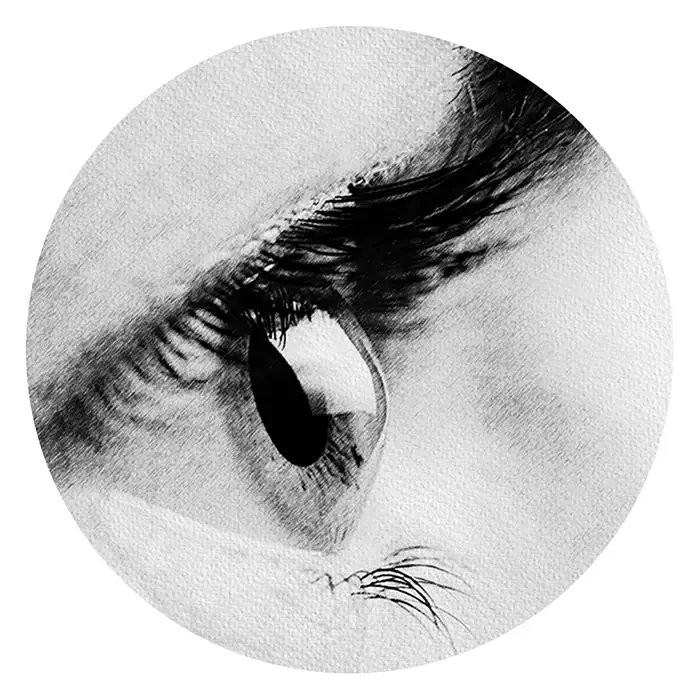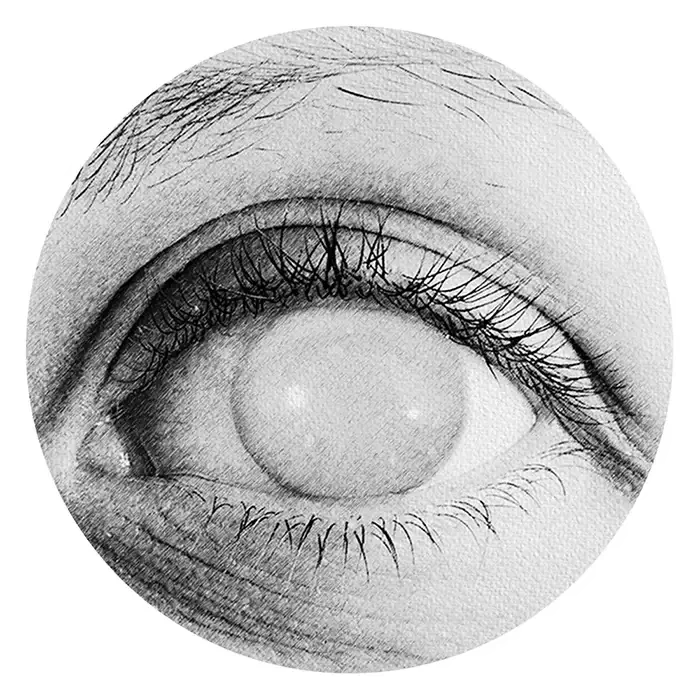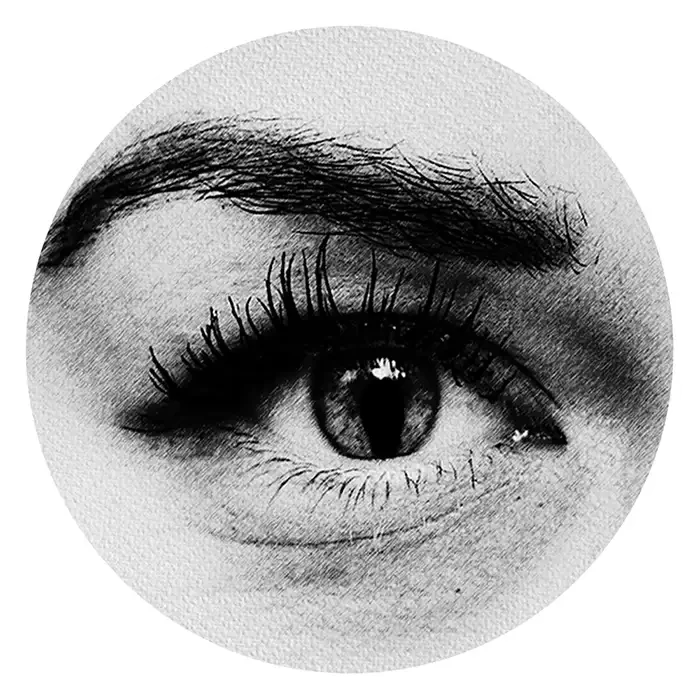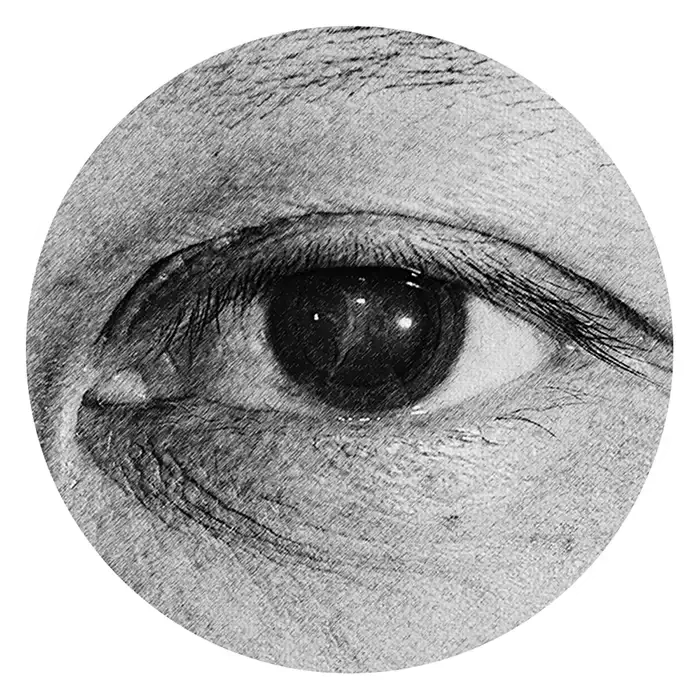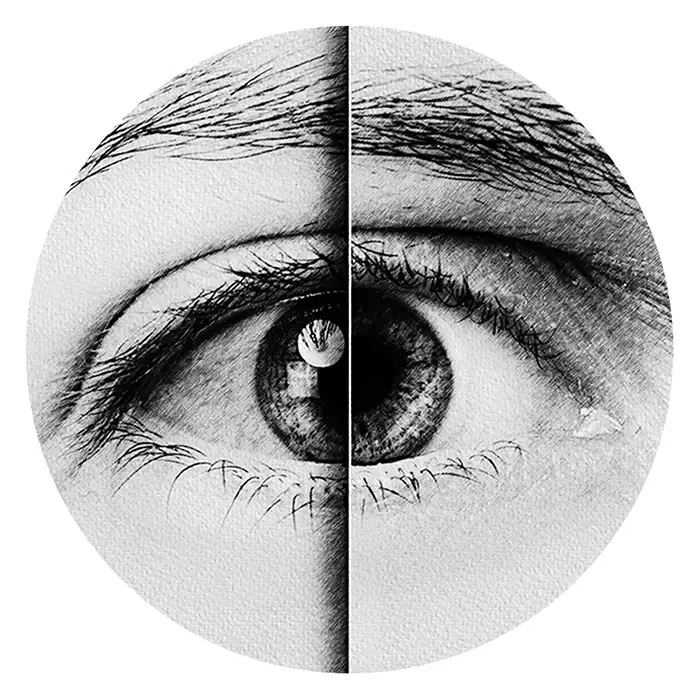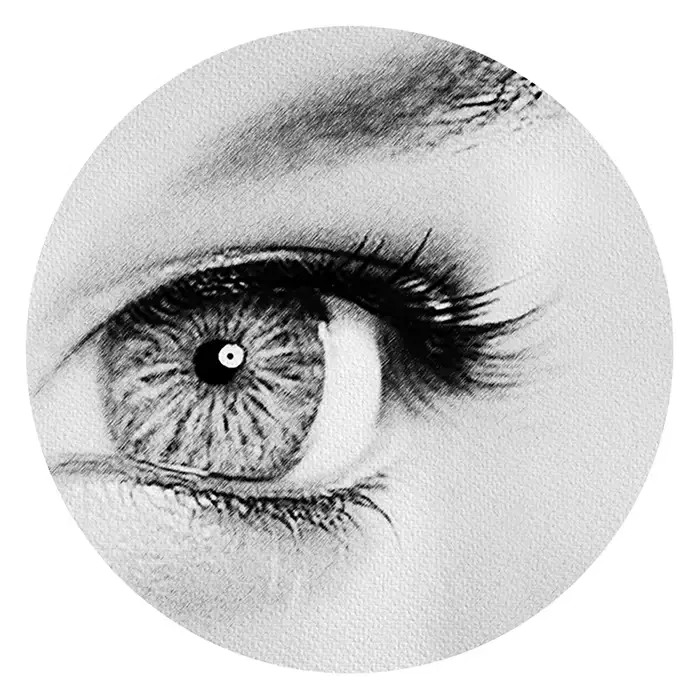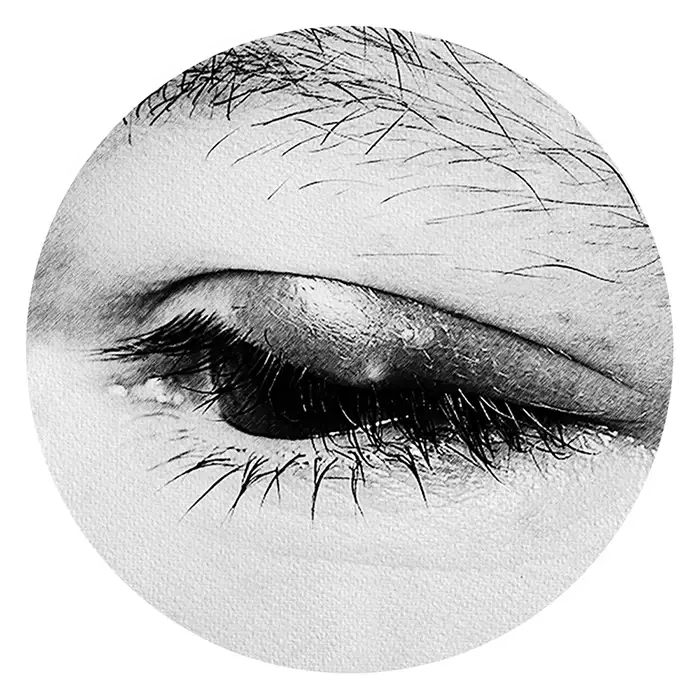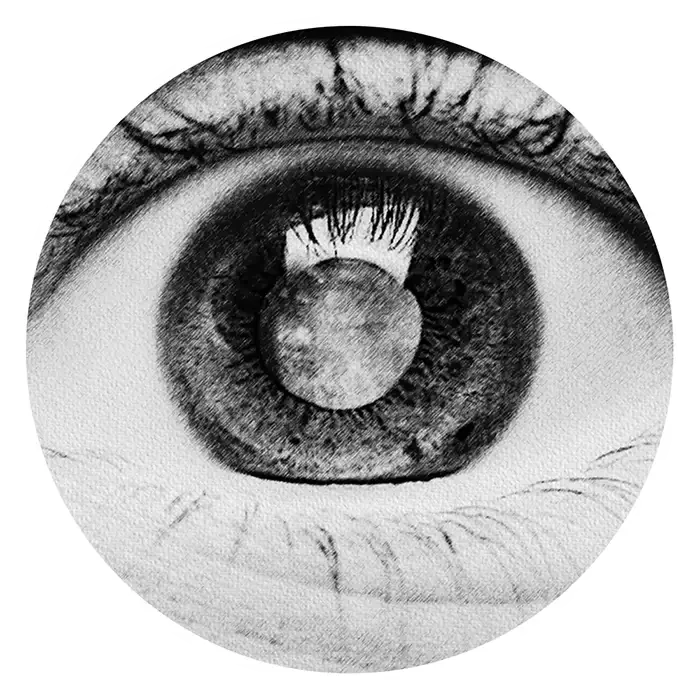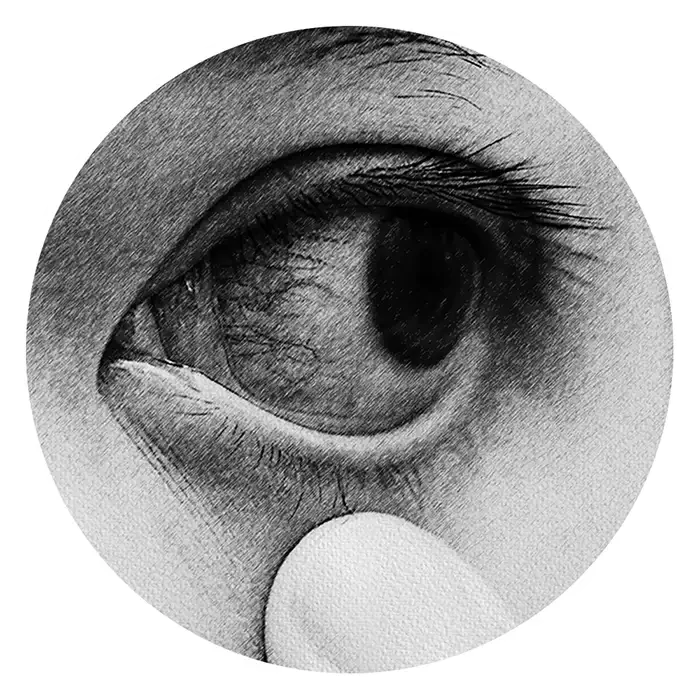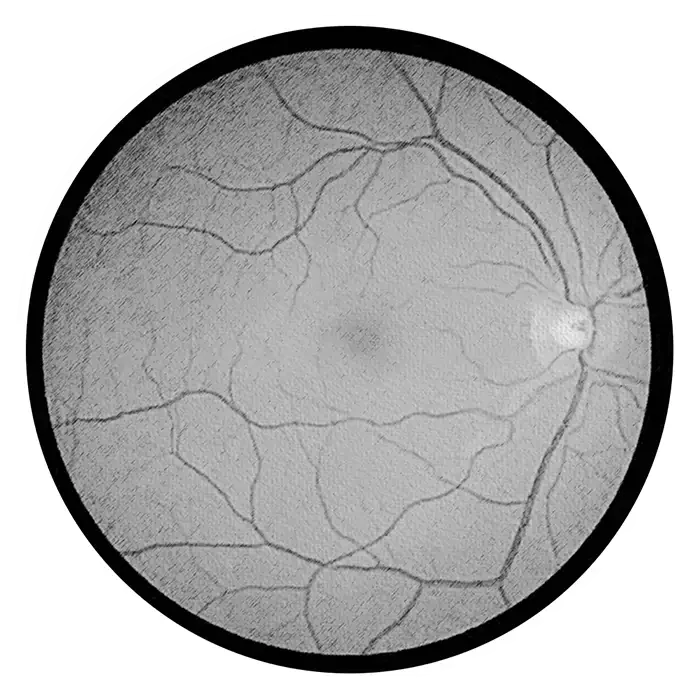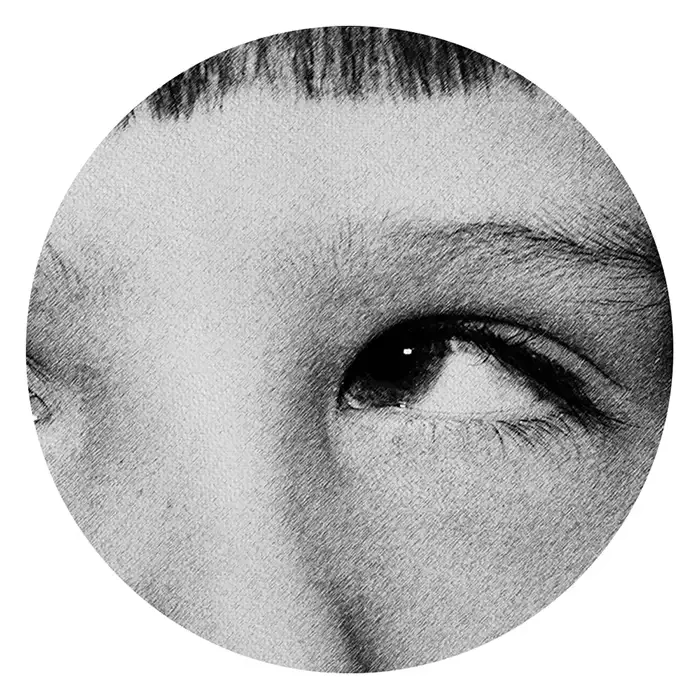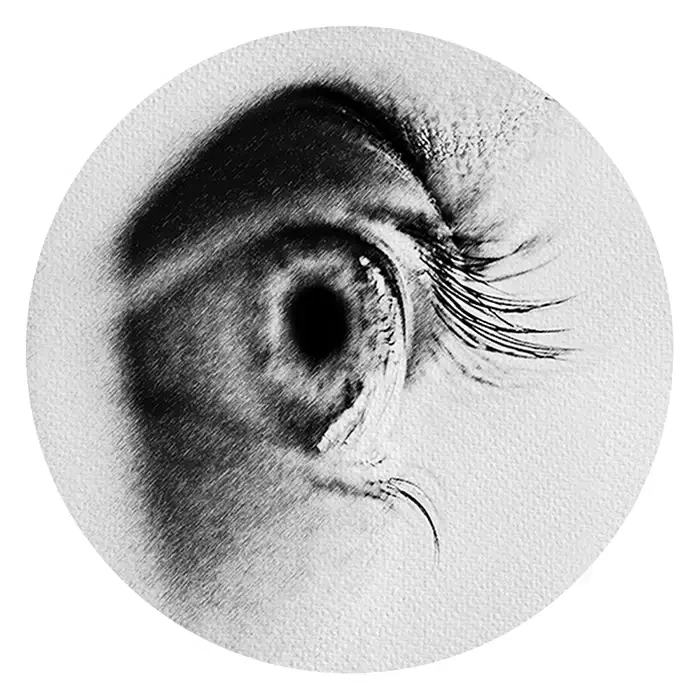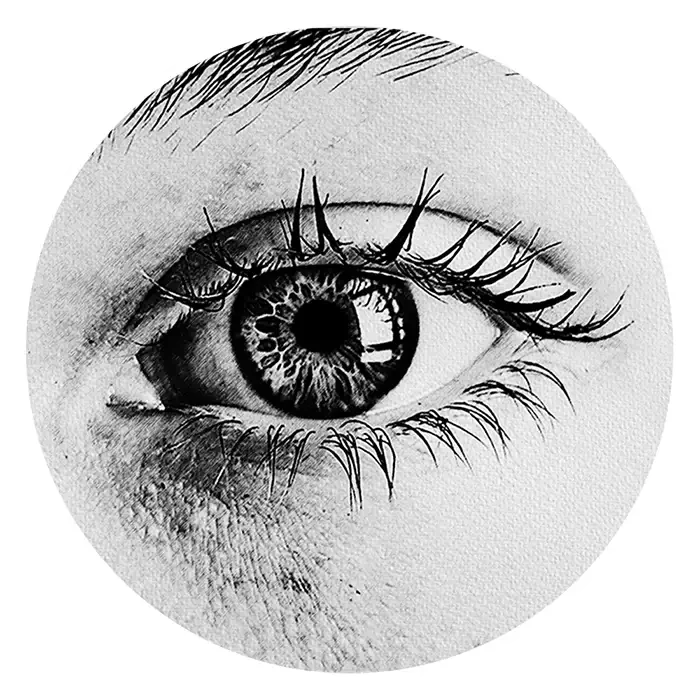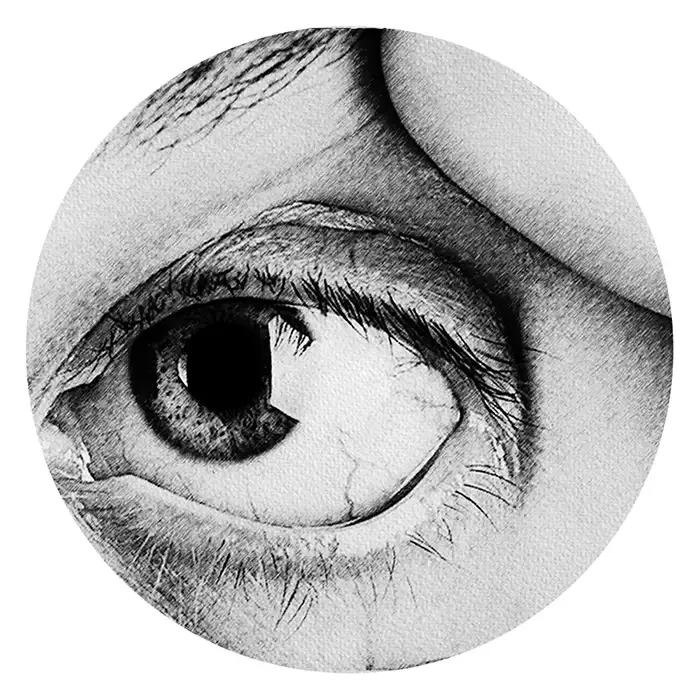Nuclear sclerosis:
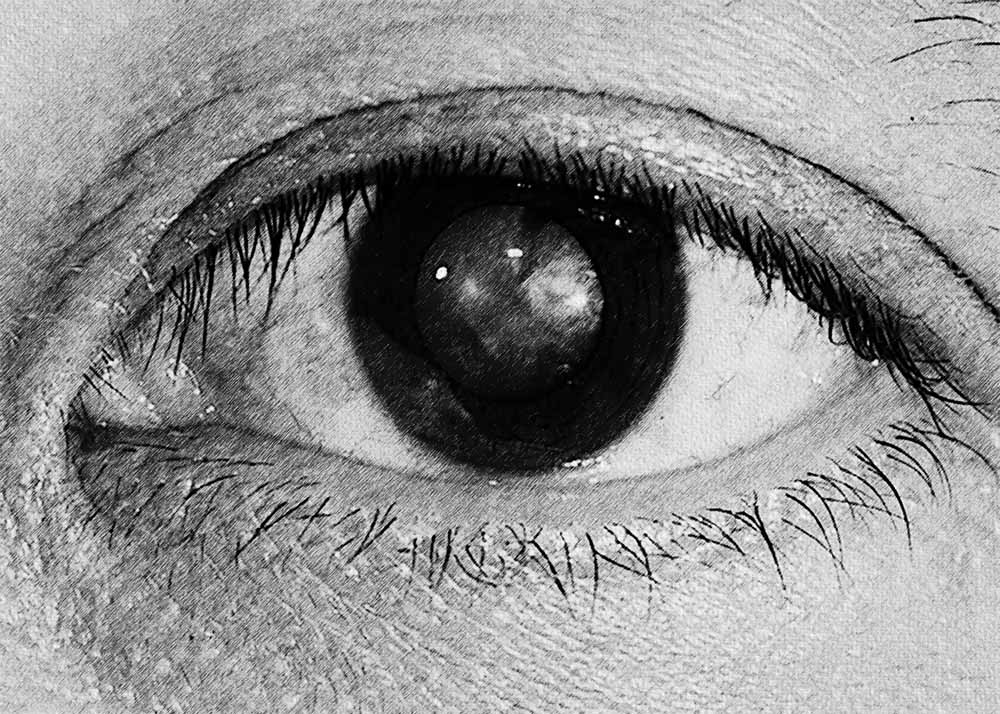
Nuclear sclerosis is a common age-related change that occurs in the lens of the eye, particularly the central portion known as the nucleus. It is characterized by the gradual hardening and yellowing of the lens, leading to a decline in visual acuity and an increase in difficulty with near vision tasks such as reading. Nuclear sclerosis typically develops slowly over time and is considered a natural part of the aging process. While it can affect both eyes, it often progresses at different rates in each eye.
Diagnosis of nuclear sclerosis is usually made during a routine eye examination. An eye care professional will perform various tests, including visual acuity testing, slit-lamp examination, and measurement of refractive error. Additionally, the appearance of nuclear sclerosis can be observed through a dilated pupil, where the lens may exhibit a yellowish tint and increased density. Other age-related changes in the eye, such as cataracts, should be ruled out to ensure an accurate diagnosis.
The Retyne Infrared Eye treatment mask offers a potential adjunctive therapy for individuals experiencing symptoms of nuclear sclerosis. Program #3 on the Retyne controller utilizes invisible infrared light therapy to target the underlying mechanisms contributing to the progression of nuclear sclerosis. By delivering therapeutic infrared light waves directly to the affected eye, the Retyne mask aims to reduce inflammation, improve blood circulation, and promote cellular repair within the lens. This non-invasive approach may help alleviate symptoms associated with nuclear sclerosis, such as decreased visual acuity and difficulty with near vision tasks, ultimately enhancing the overall quality of life for affected individuals.
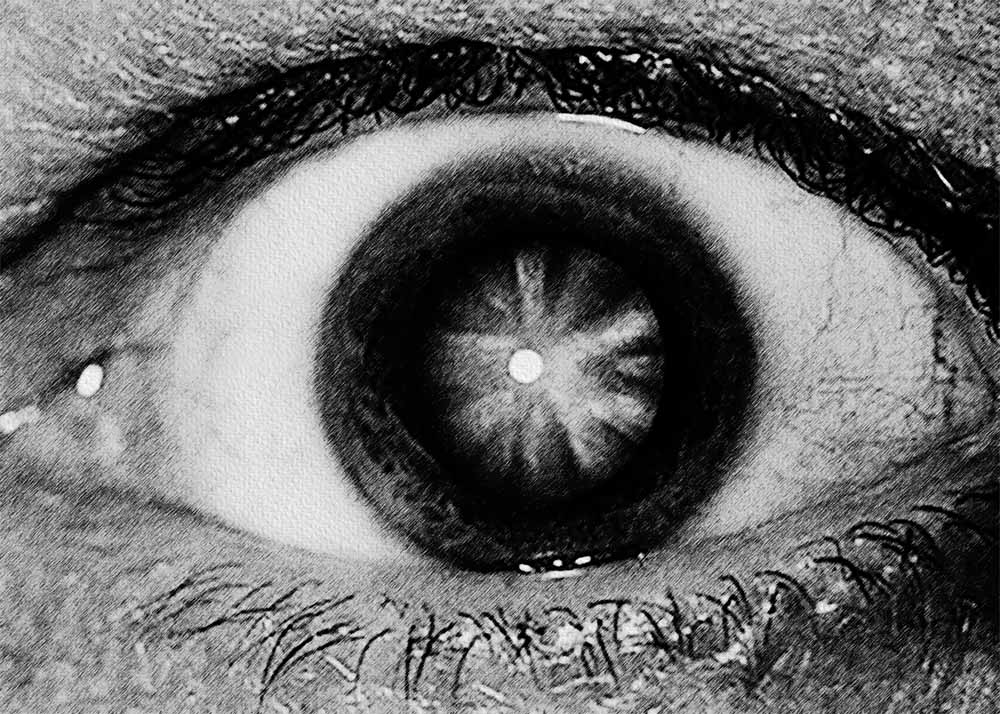
Further research and clinical studies are needed to fully evaluate the efficacy and long-term benefits of infrared light therapy in the management of nuclear sclerosis, but early evidence suggests that the Retyne Infrared Eye treatment mask holds promise as a potential treatment option for this common age-related disorder
The Retyne eye treatment mask harnesses a general selection of frequencies (0.97, 5.78, 7.5, 37.5, 125.19, 250, 325.65, 517.5, 683, 712.42), tailored to target the symptoms associated with Nuclear sclerosis:. These frequencies are carefully chosen for their documented effectiveness in managing and treating this visual condition. Retyne's innovative approach involves the conversion of each frequency into invisible infrared light output, representing a groundbreaking fusion of frequencies with light—a pioneering technology pioneered by Retyne Labs. Inspired by the seminal work of Dr. Rife, who identified healing properties in specific frequencies and utilized light for their transmission, Retyne's method capitalizes on current research on invisible infrared technology while building upon past studies on light transmission through frequency sources. The culmination of these efforts is the Retyne eye Treatment Mask, a convergence of state-of-the-art advancements in the field of visual care.
Nuclear sclerosis group exists at program 619 on the International ETDFL frequency list
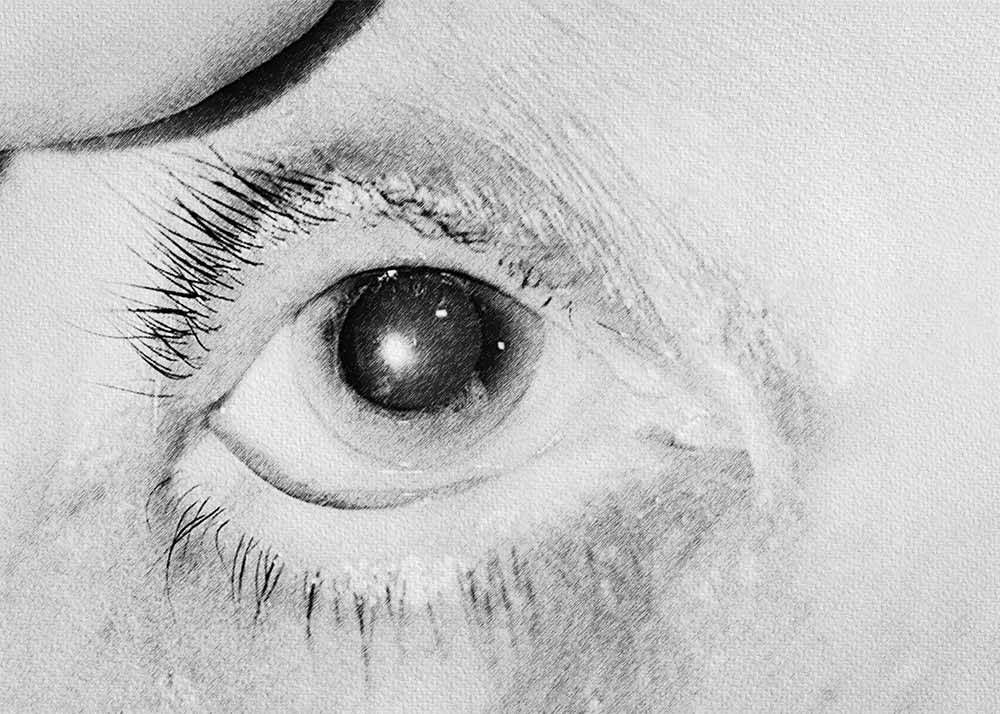
Compatibility
Standalone controller (Program #3) (Controller shipped with Retyne Eye Treatment Mask)
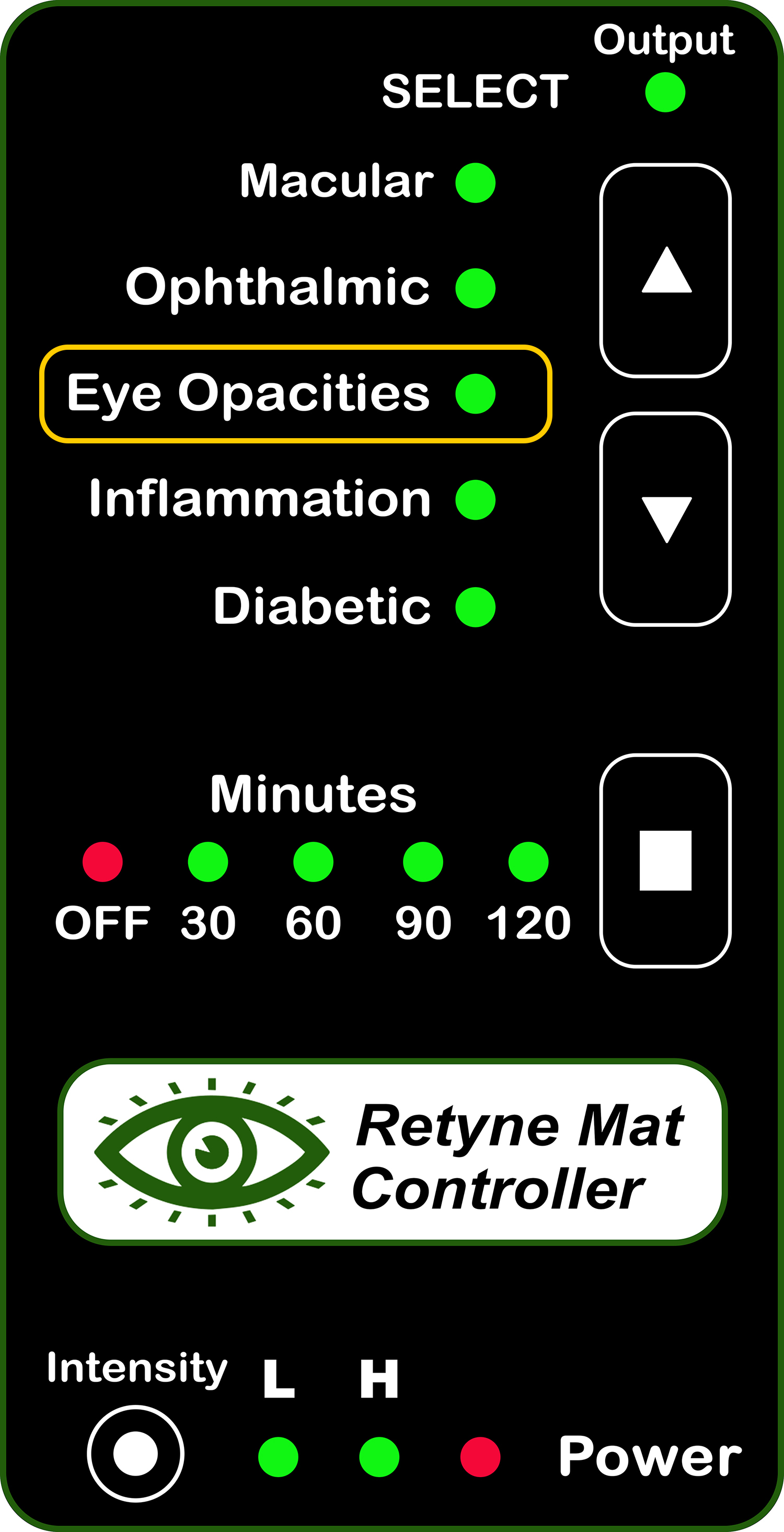
RDPV4 (Direct connect, use group 619)
RDPV4 Light Mask Program button 3
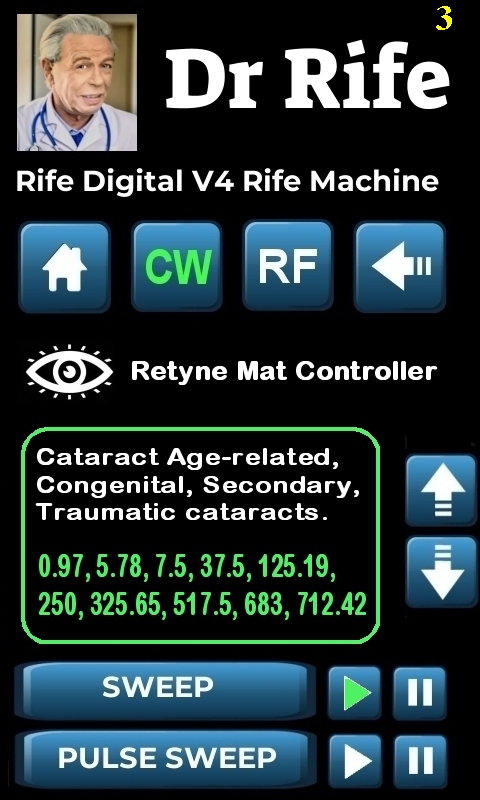
Click here for instructions on using the Retyne Mask + Controller
